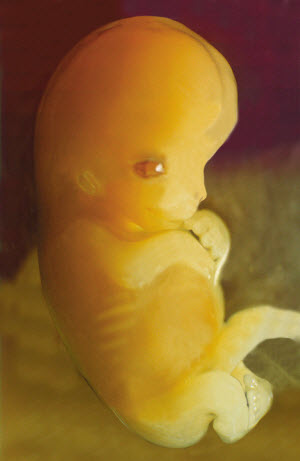The Human Fertilisation and Embryology Authority (HFEA) has approved a research application from the Francis Crick Institute to use new "gene editing" techniques on human embryos.
The aim of the research, led by Dr Kathy Niakan, a group leader at the Crick, is to understand the genes human embryos need to develop successfully.













